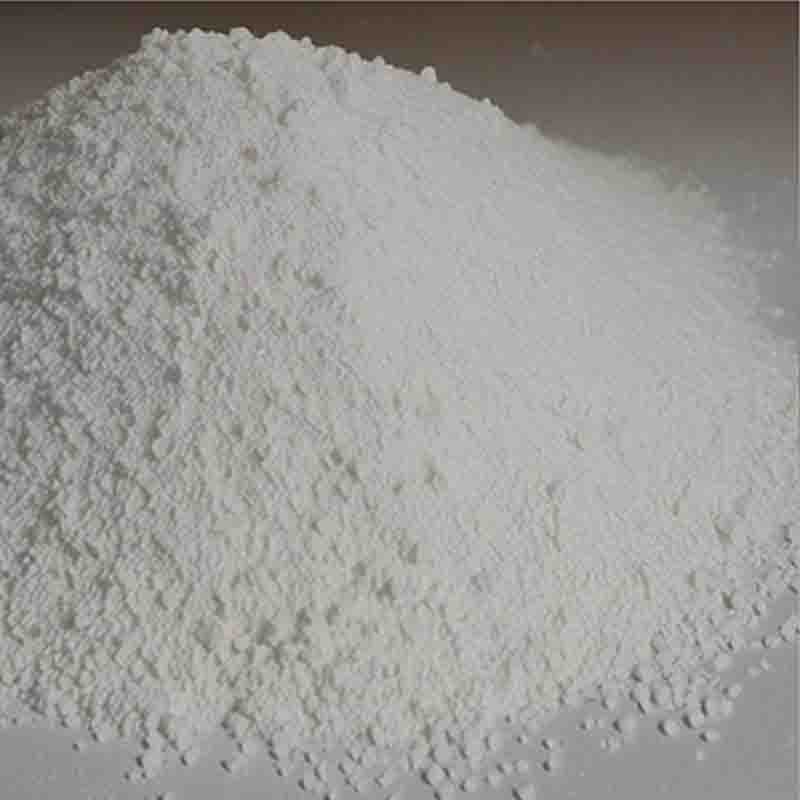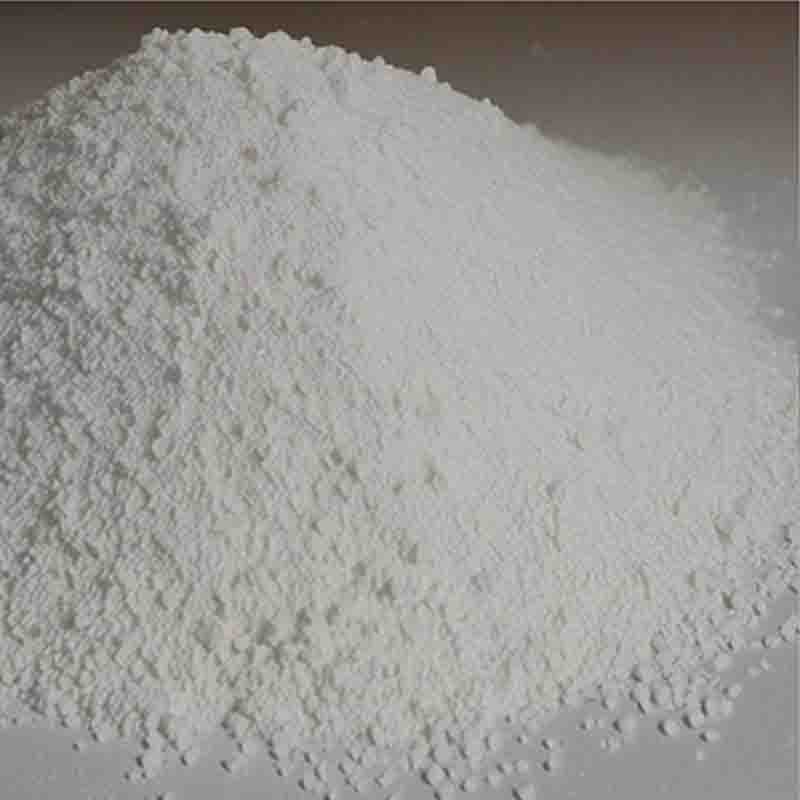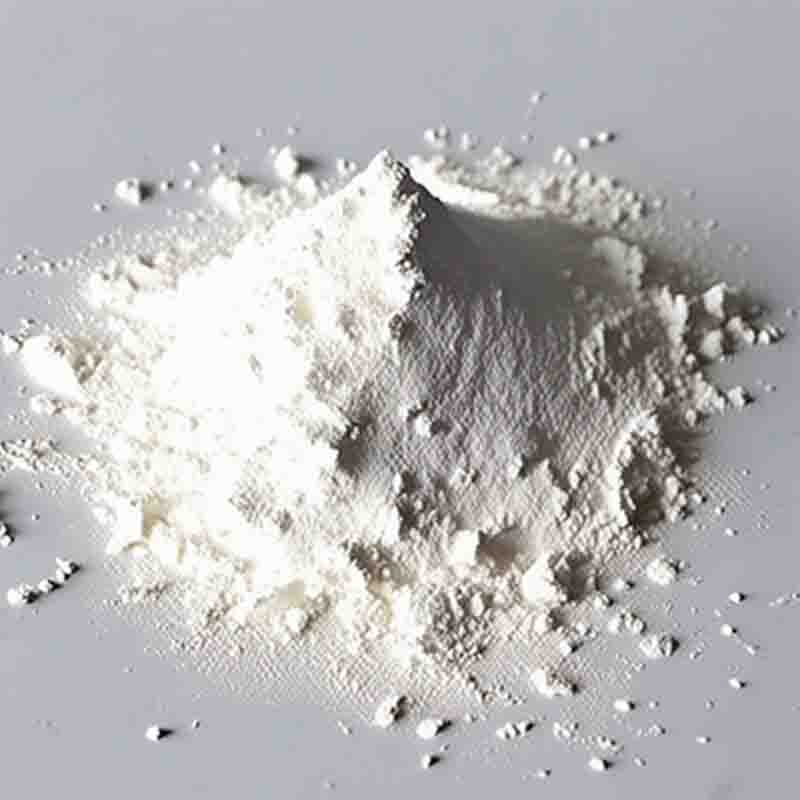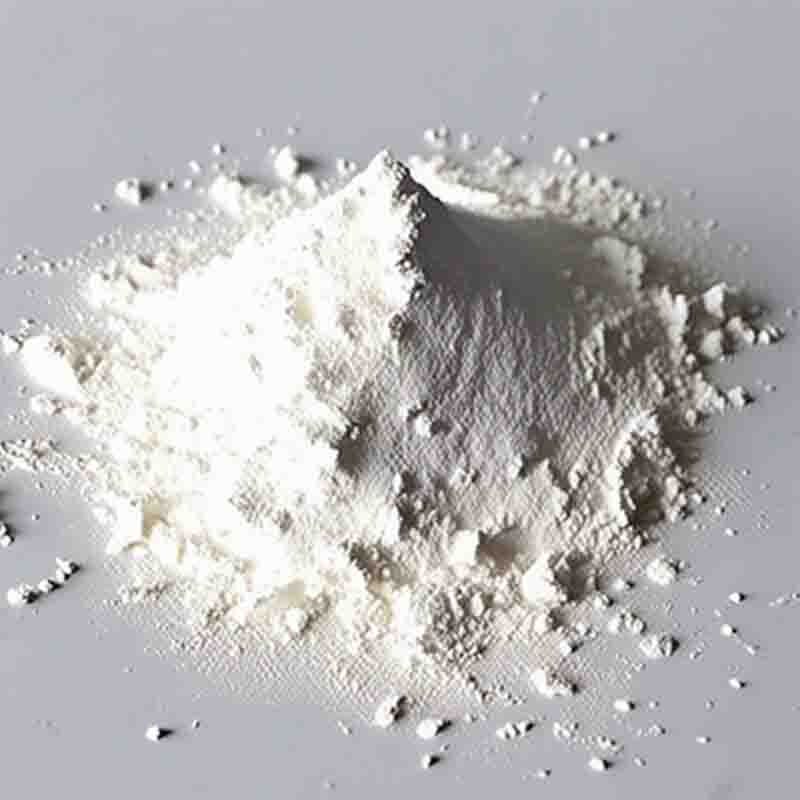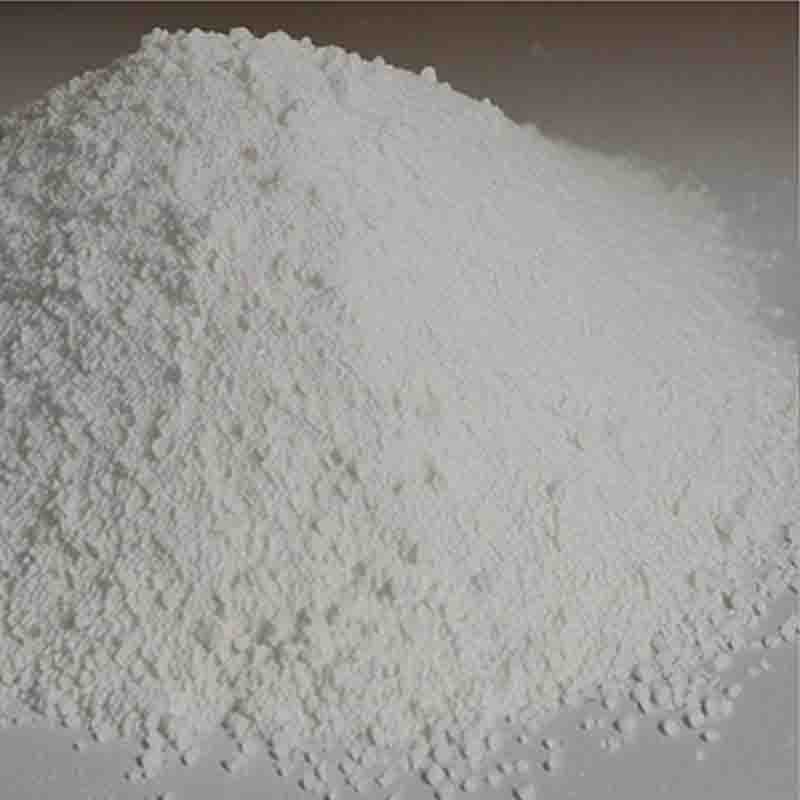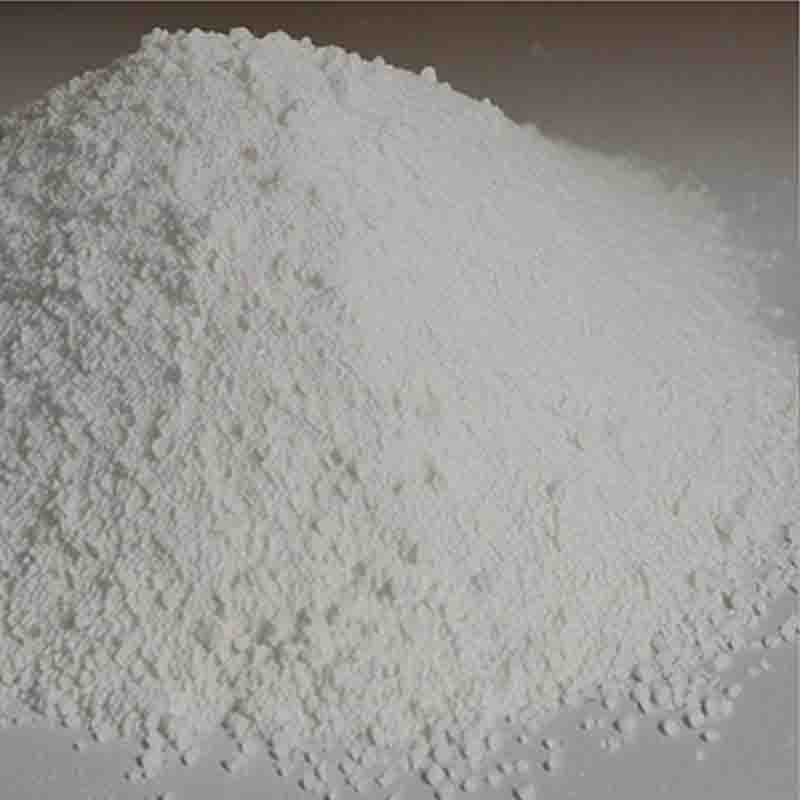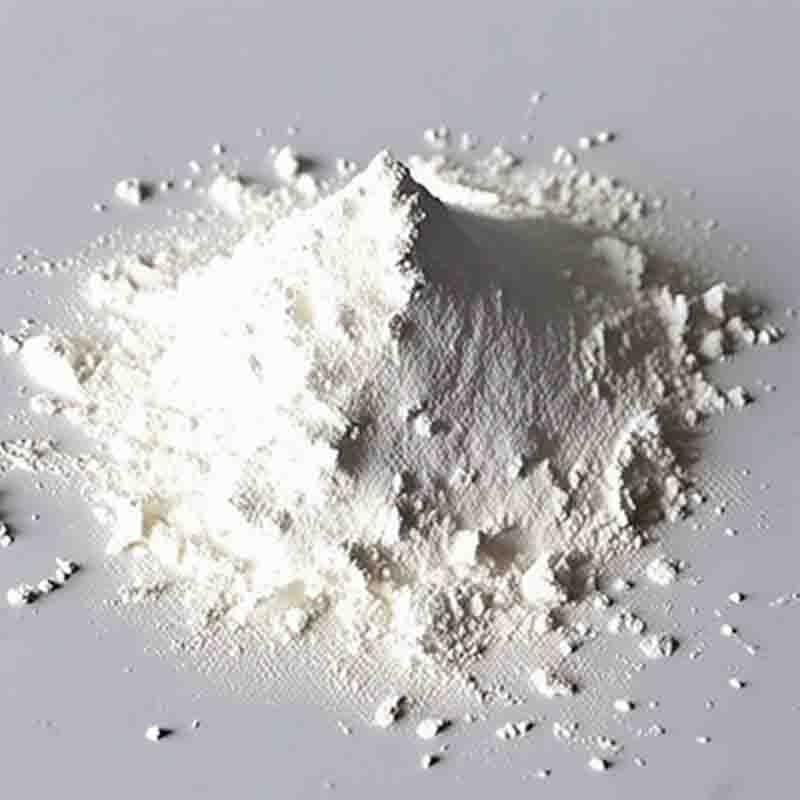Zinc iodide CAS: 10139-47-6
| Catalog Number | XD94151 |
| Product Name | Zinc iodide |
| CAS | 10139-47-6 |
| Molecular Formula | I2Zn |
| Molecular Weight | 319.2 |
| Storage Details | Ambient |
Product Specification
| Appearance | White powder |
| Assay | 99% min |
Zinc iodide (ZnI2) is an inorganic compound that consists of zinc cations (Zn2+) and iodide anions (I-). It is a white, crystalline solid with a high solubility in water. Zinc iodide has various applications in different industries and research fields.One of the primary uses of zinc iodide is in the field of chemical synthesis. It can act as a catalyst or reagent in a wide range of organic reactions. Zinc iodide is particularly useful in the formation of carbon-carbon and carbon-heteroatom bonds. It can promote reactions such as the coupling of organometallic compounds, the activation of C-H bonds, and the synthesis of complex organic molecules. Its versatility as a catalyst has made it valuable in pharmaceutical synthesis, where it aids in the creation of new drugs and molecules.Another important application of zinc iodide is in the field of optoelectronics. It is commonly used in the fabrication of thin-film transparent conductive coatings. These coatings are crucial in devices like solar cells, touchscreens, and light-emitting diodes (LEDs). Zinc iodide-based coatings offer high conductivity, transparency, and stability, making them well-suited for these electronic applications. Additionally, zinc iodide can act as a dopant in some semiconductor materials, further enhancing their electronic properties.Zinc iodide is also utilized in the field of photography. It is a component of silver iodide-based photographic emulsions. Silver iodide, when combined with other chemicals in photographic films or papers, forms light-sensitive compounds that capture images during the development process. Zinc iodide serves as a stabilizer and enhances the sensitivity and resolution of the photographic material, resulting in sharper and higher-quality images.Furthermore, zinc iodide is employed in the production of certain industrial chemicals. It is used in the manufacture of dyes, pigments, and lubricants. Zinc iodide can act as a catalyst or a reactant in these chemical processes, facilitating the synthesis of desired products. Additionally, it is utilized in the production of zinc metal by electrolysis, where it assists in separating zinc ions from their compounds and depositing them onto cathodes.In conclusion, zinc iodide (ZnI2) is a versatile compound with a diverse range of applications. From its role as a catalyst in organic synthesis to its use in optoelectronics, photography, and industrial chemical production, zinc iodide has proven itself valuable in various fields. Its properties of solubility, stability, and reactivity make it an important component in the development of new materials, technologies, and chemical processes. However, proper safety precautions should be taken when handling zinc iodide, as it is toxic if ingested, inhaled, or comes in contact with the skin.


